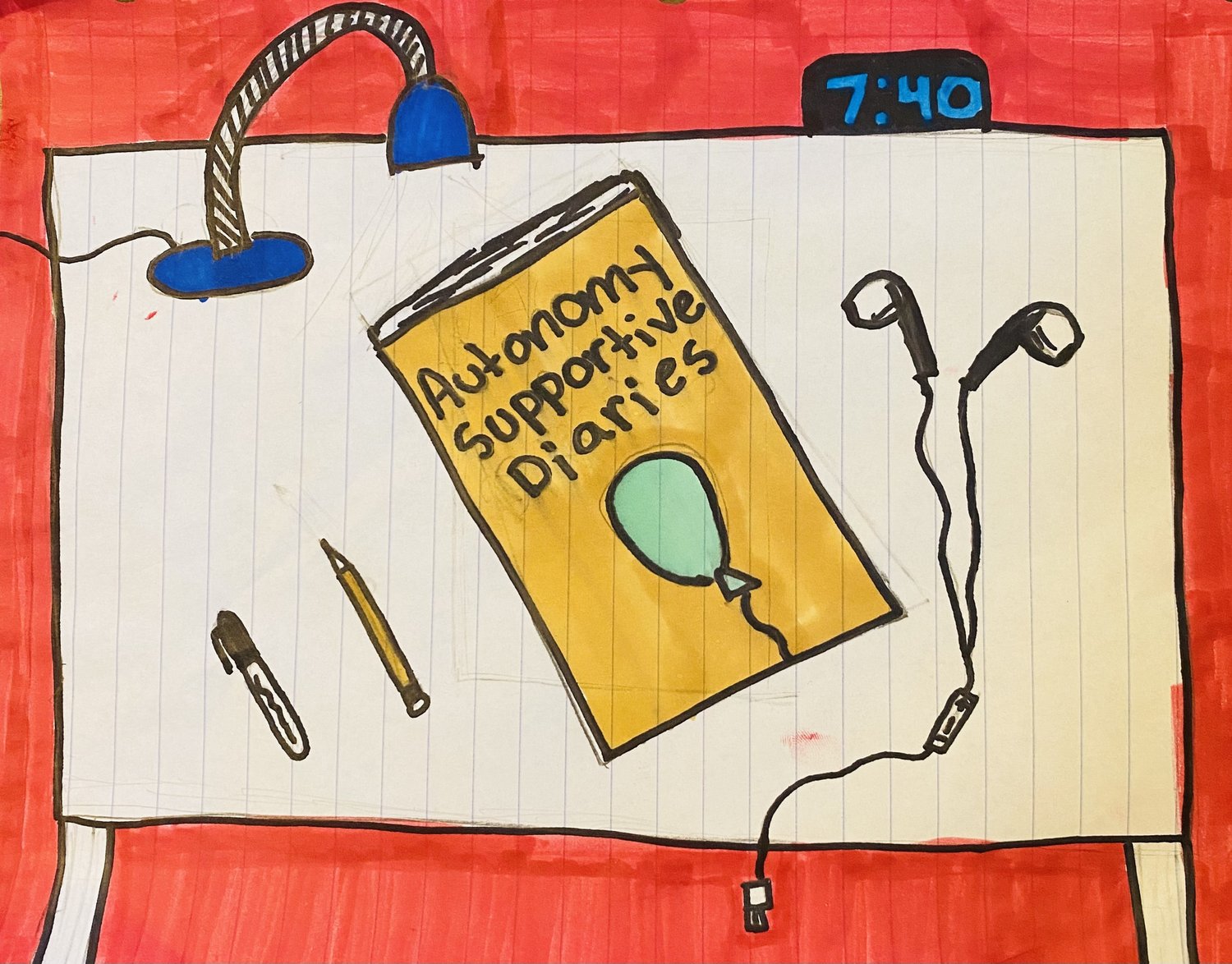How to Influence Instead of Control
As shared in last week’s newsletter about the Control Conundrum, I have learned that the transition to summer brings out my control issues in full force. As we are now on the countdown to the next school-to-summer transition, it’s good to remember that transitions of all kinds can be risky periods for more controlling impulses. This is because when we lose the comfort of predictability, we become more anxious for order.
When humans feel more stressed and out of control, we tend to exert more control where we can. For parents, it makes sense that our children become frequent objects of our controlling impulses. It’s not that big of a deal to direct our constant mess-makers to pick up their filthy socks in an attempt to add order to the living room floor, but if our children feel controlled most of the time, problems follow.
The research has clearly established that children who experience their parents as more controlling are more likely to suffer mental health problems, not do as well in school, have weaker social relationships, and on and on.
If we have had controlling bosses or friends or partners—or even our own parents, we know how frustrating and unhealthy it feels to bend ourselves to someone else’s agenda at the expense of our own sense of agency, and sense of self.
Even if we grasp that it’s not great for our kids when we’re controlling, the reality of daily parenting is that we constantly face a control dilemma. The fact is our offspring will need to do things they are not motivated to do. That’s just life. When my son declares, “you can’t make me,” the inner child in me wants to retort, “Yes I can!” But he’s right. I can’t “make” him short of physically wrestling him (not recommended), and I don’t want him to feel forced anyways.
By definition, parenting includes having expectations and standards for our children, setting limits, and directing our children to do things they don’t want to do—like pick up stinky socks littering the house. (Please tell me that’s not just my kids.) So, how do we accept our responsibility to actively raise our children while not controlling them?
As I wrestled with my own control issues instead of my son last summer, I listened to a Psychologists Off the Clock episode about the power of influence instead of manipulation or control. I realized that autonomy-supportive parenting accomplishes just this: it empowers us with a mindset and strategies to influence instead of control.
By taking our child’s perspective, asking open-ended questions that help them feel understood, using flexible instead of demanding language, and involving them in thinking together about a problem and a solution, we are influencing instead of controlling.
Let’s practice influence over control with examples of micro-moments throughout the day that may raise your own internal controlling temperature: when you want to make your child just listen, eat a vegetable, or pick up a wet towel for the fiftieth time. First, take a pause to acknowledge, “I’m feeling controlling.” Then ask, “how can I influence instead of control my child in this moment?”
Some possibilities to get you through the day:
Be playful. Consider converting that controlling energy into fun to see if it shifts the mood and lowers your own internal controlling temperature: “Oh no! There must be worms in your ears since I’m talking to you and you can’t hear me!”
Take off the pressure. In the battle of the veggies, what if you see this one meal as an ongoing education about balanced food intake rather than pressuring each dinner to be “perfect?” (Whatever that is!) “It looks like you’re not interested in your broccoli tonight. We know that it’s good for our bodies to get used to all kinds of foods, so let’s think of one vegetable you’ll consider for dinner tomorrow.” (Please check out Virginia Sole-Smith’s substack for richer guidance on managing food and eating with kids. I’m excited to read her new book!)
Let it go. You can influence through modeling instead of what they hear as nagging anyways. As a perfectionist and rigid rule-follower, I realized the liberation of not making sure the child picks up the towel every single time I find it wet on the bathroom floor. It’s exhausting. Pick up that post-bath wet towel from bathroom floor and hang it for your own sense of order. Throw in some gratitude they are at least engaging in personal hygiene.
Of course, the controlling impulse is stronger and possibly more damaging when it comes to behaviors with higher stakes than a mildewy bath towel. It takes more effort to resist when we feel the drive to make sure our children are earning higher grades, performing better in sports or music, or hanging out with the “right” kind of kids. My book covers each of these scenarios within chapters on academic achievement, sports and activity involvement, and social lives. The focus across all of these chapters is how to use influence within an autonomy-supportive framework to nurture our child’s internal motivation and development of their personal values.
For now, I want to help you practice influence over control with autonomy-supportive strategies where it matters to you. So, next week I’m going to answer a reader question posing a dilemma I know well and may resonate with you, too: “I really want to create a schedule for my kids’ summer days that we agree to together that includes reading time, outdoor activity time and a max online gaming time. I wonder if that is too controlling.”
I have ideas! Tune in next week to see how you can approach a summer schedule with an autonomy-supportive framework. In the meantime, send me your personal control conundrum and maybe it will show up in a future Autonomy-Supportive Diaries blog post.
**You can pre-order my book Autonomy-Supportive Parenting: Reduce Parental Burnout and Raise Competent, Confident Children on Amazon and Bookshop.

